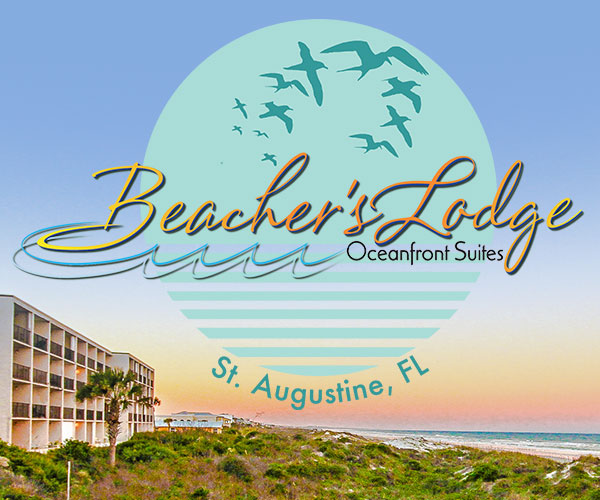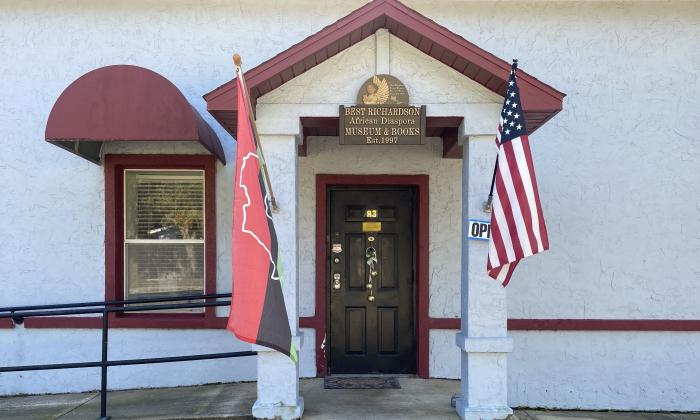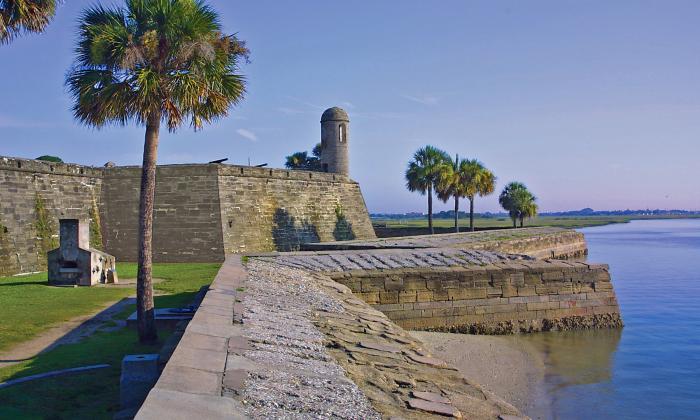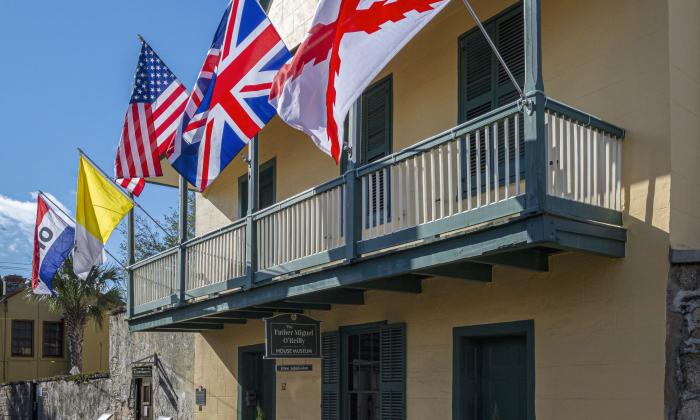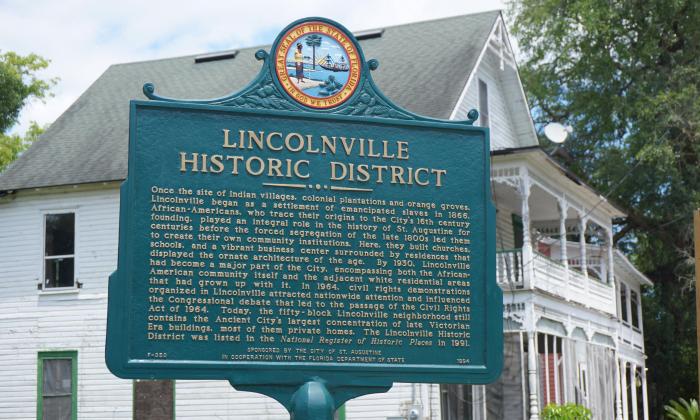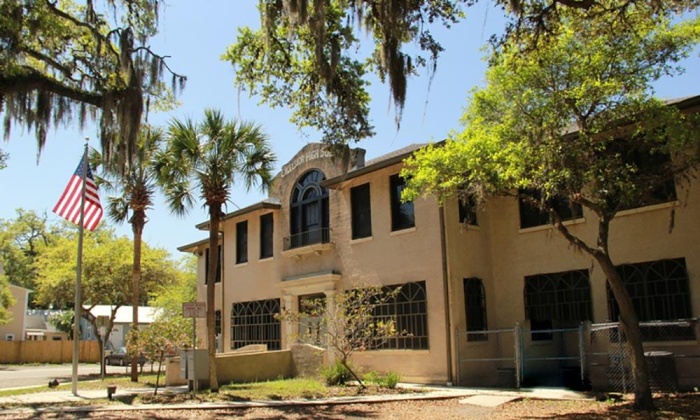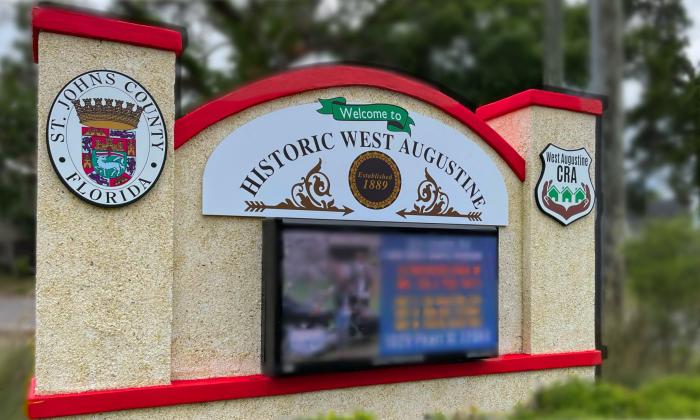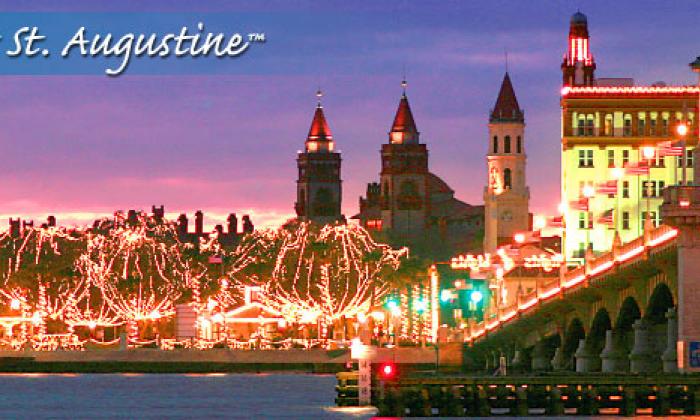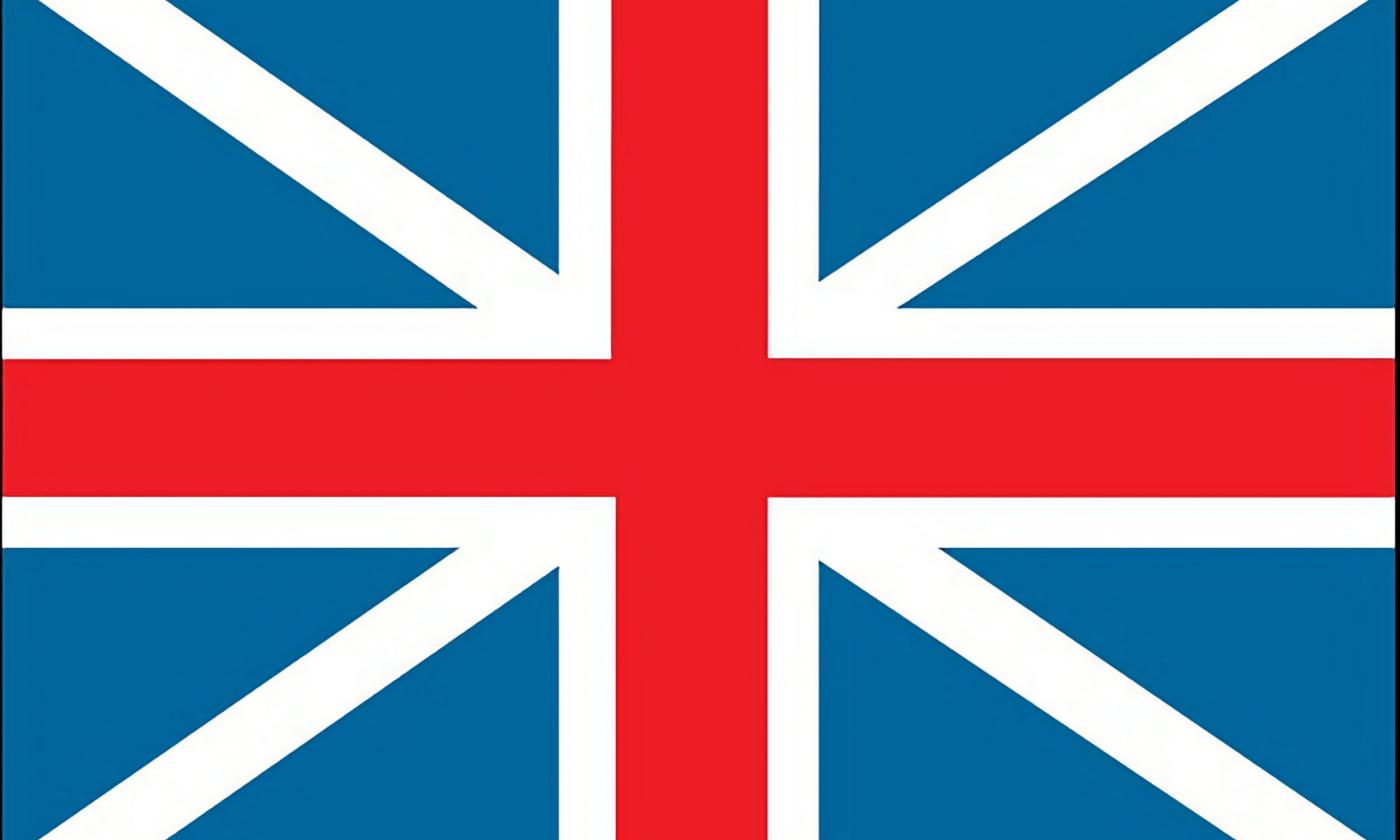
British Period (1764-1783)
San Agustín becomes the capital of British East Florida.
The British Period included some of St. Augustine's most formative history. Many of the city’s oldest surviving structures.
How the British Period Started
The 1763 Treaty of Paris ended the Seven Years’ War, with Spain effectively trading Florida for colonies in Manila and Havana, which Britain had seized during the war.
Most of San Agustín’s citizens emigrated to Cuba, including the residents of Fort Mose. Free and enslaved Black people throughout the state made the choice between following the Spanish as legal subjects or staying in Florida as runaways and renegades.
La Florida was split into two British colonies — East Florida and West Florida, with St. Augustine and Pensacola as their capitals.
British Chattel Slavery
While slavery did exist during Florida’s Spanish Periods, the enslavement of African people was more prominent under British rule.
Where free and enslaved Black people in Spanish St. Augustine could be publicly baptized and married; most African-descended people in British Florida were considered property to be counted alongside livestock, furniture, and farming equipment.
Some enslaved Black people lived on rural plantations, while those who lived in St. Augustine experienced a different form of urban slavery. The few free Black people in British Florida lived alongside Florida’s Indigenous tribes.
Resources
Online Resources
Blacks in British East Florida, article by J. Leitch Wright, Jr. for the Florida Historical Society
African Americans in St. Augustine 1565-1821, article & video from NPS & Castillo de San Marcos
The British Period, summary from NPS & Castillo de San Marcos
British Florida, summary from the Government House Libraries
Sources on the Lives of Enslaved People in Northeast Florida, reference list from NPS & Timucuan Ecological & Historic Preserve
The Civil Rights Movement in Florida, Learning Unit from Florida Memory
Learning Resources from Resilience: Black Heritage in St. Augustine
St. Augustine: America’s Ancient City Exhibit Timeline, from the Florida Museum
Guide to Black History Collections in the Archives of Florida, from Florida Memory
Florida History Online, database from the University of North Florida
Further Reading
Black History of Florida: A Reading List, from The Florida Bookshelf




